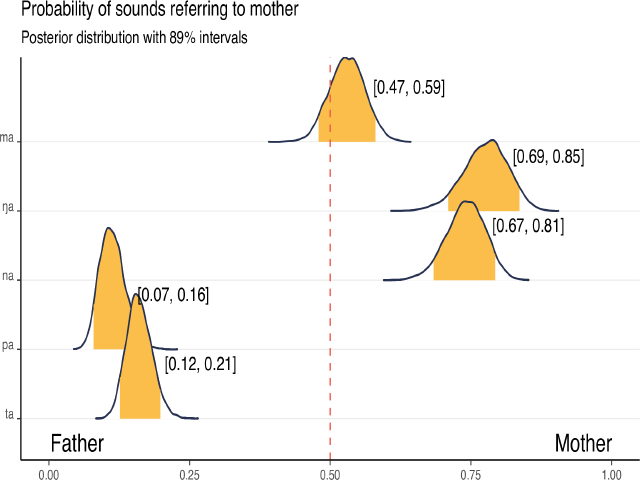Kinbank: A global database of kinship terminology

Authors:
Citation:
Details:
Published: 5 May, 2023.
Download:
Abstract:
For a single species, human kinship organization is both remarkably diverse and strikingly organized. Kinship terminology is the structured vocabulary used to classify, refer to, and address relatives and family. Diversity in kinship terminology has been analyzed by anthropologists for over 150 years, although recurrent patterning across cultures remains incompletely explained. Despite the wealth of kinship data in the anthropological record, comparative studies of kinship terminology are hindered by data accessibility. Here we present Kinbank, a new database of 210,903 kinterms from a global sample of 1,229 spoken languages. Using open-access and transparent data provenance, Kinbank offers an extensible resource for kinship terminology, enabling researchers to explore the rich diversity of human family organization and to test longstanding hypotheses about the origins and drivers of recurrent patterns. We illustrate our contribution with two examples. We demonstrate strong gender bias in the phonological structure of parent terms across 1,022 languages, and we show that there is no evidence for a coevolutionary relationship between cross-cousin marriage and bifurcate-merging terminology in Bantu languages. Analysing kinship data is notoriously challenging; Kinbank aims to eliminate data accessibility issues from that challenge and provide a platform to build an interdisciplinary understanding of kinship.